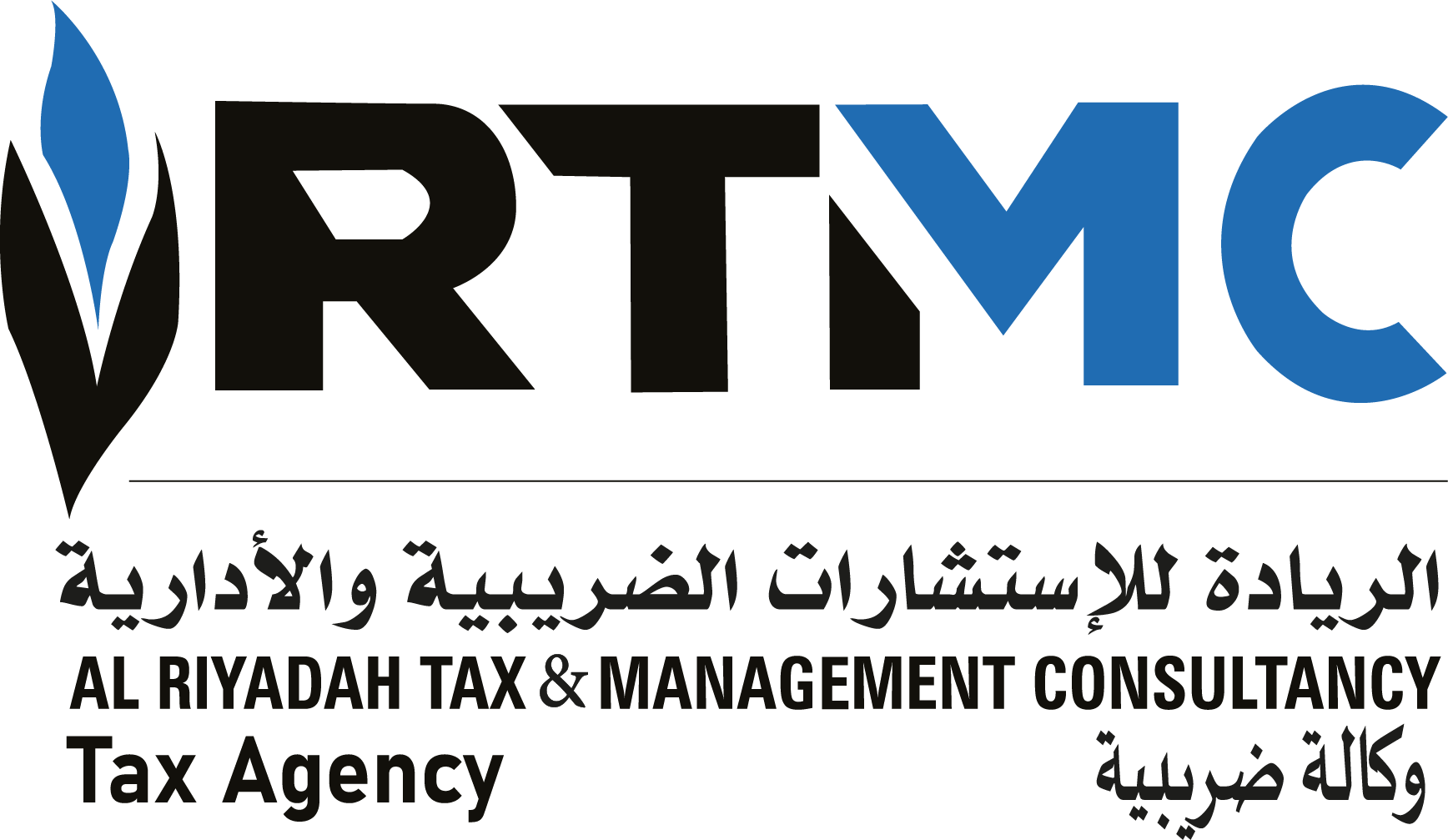

Introduction to Financial Auditing
Financial auditing is an independent process aimed at evaluating the financial data of a specific entity or organization. This is achieved through a comprehensive audit of all relevant records and documents. This type of auditing represents one of the most important tools used by institutions to enhance transparency, ensure the accuracy of financial reports, and thus it forms an essential part of good governance. Financial auditing relies on specific standards and is conducted by professionals in certified financial auditing firms, where these professionals strive to provide accurate and reliable reports on the financial condition of institutions.
The importance of financial auditing lies in its ability to identify any errors or manipulations in financial records, which helps to enhance credibility and trust for investors and stakeholders. Through the auditing process, a financial auditing firm can show how funds and resources were managed, aiding informed decisions about the future of businesses. Additionally, financial auditing enhances compliance with laws and accounting standards, increasing the level of transparency in institutions, which contributes to improving their reputation in the market.
Furthermore, financial auditing is an effective means of improving internal processes within institutions, as auditors aim to provide actionable recommendations to enhance financial performance. This involves a thorough examination of existing procedures, identifying areas that need improvement, which contributes to business development and enhancing leadership. Ultimately, financial auditing is a fundamental pillar for ensuring the sustainability of institutions’ positions in the market.
Types of Financial Auditing
Financial auditing is a process that companies rely on to ensure the accuracy and integrity of financial information. Financial auditing varies based on purposes and objectives, with the most important types being internal auditing and external auditing, each playing a vital role in enhancing trust and transparency in financial data.
Internal auditing aims to evaluate financial and administrative processes within the organization. This type of auditing is conducted by an internal team affiliated with the company, allowing them the opportunity to examine operations and policies in depth. Internal auditing helps to discover potential risks and issues that may impact overall performance and provides an effective tool for improving corporate governance. This type of auditing enhances leadership within institutions and supports strategic decision-making based on accurate data.
On the other hand, external auditing is carried out by independent financial auditing firms. This type of auditing focuses on reviewing the financial data for external stakeholders such as investors, thereby building trust in specific outcomes like profit reports. A financial auditing firm conducts examinations of financial documents and ensures compliance with international accounting standards. External auditing is essential for publicly traded companies or those seeking funding from external investors, as the results of this audit directly impact the company’s reputation in the market.
Each type of financial auditing meets specific needs for companies. Organizations should choose the type that aligns with their goals and regulatory environment. Balancing internal and external auditing enhances transparency and leads to achieving leadership in the market.
Importance of Financial Auditing in Business
Financial auditing is a process of measuring and understanding the financial situation of organizations, which is considered a vital part of any financial auditing office’s work. Research and studies confirm that financial auditing plays an important role in reducing financial risks and improving overall business performance. By reviewing accounts and financial documents, financial auditing offices can identify areas that need correction or improvement, leading to better resource management. This step is central to any strategy aimed at achieving business leadership.
Moreover, financial auditing helps ensure compliance with applicable laws and regulations. Many organizations adopt policies that ensure integrity and efficiency, and through auditing procedures, it can be confirmed that these policies are applied correctly. Not only this, but examining budgets and accounts attracts the attention of stakeholders and helps build trust among them. Transparent handling of financial matters contributes to enhancing the office’s image and increasing its reliability.
Financial auditing also aids in providing accurate data that contributes to strategic decision-making based on reliable foundations. Continuous auditing allows for the early detection of potential financial errors or fraud, thereby reducing potential losses. In conclusion, it can be said that investing in financial auditing services is not just a procedure to ensure the accuracy of financial data but a strategic step aimed at achieving a high level of financial performance and market leadership.
Stages of the Financial Auditing Process
The stages of the financial auditing process consist of a series of organized steps aimed at achieving quality and accuracy in the financial information provided. This process begins with planning, where the scope of the audit and the desired objectives are determined. In this stage, the financial auditing office evaluates the potential risks that the institution may face. This step also includes gathering necessary information about the internal and external environment of the entity concerned.
Following planning, the data collection stage comes, which is one of the most important stages of financial auditing. Auditors gather accounting documents and records, such as financial statements, invoices, bank records, and other evidence that supports the review. Through this collection, auditors can assess the extent to which the institution complies with accepted accounting standards. This stage requires high accuracy, and the extracted information should reflect the true financial condition of the institution.
Once the information gathering is complete, the process moves on to the results evaluation stage. This involves analyzing the data and procedures followed, as well as comparing the results with recognized standards. This analysis is a critical step in the financial auditing process, as auditors must provide well-considered recommendations based on the data collected. Finally, the final reports are drafted, summarizing all findings and recommendations resulting from the auditing process. These reports primarily rely on the analysis performed and are distributed to relevant parties as a reference for improving future performance.
These stages are essential to ensure effective financial auditing, which contributes to enhancing the level of leadership and financial transparency for institutions.
Tools and Techniques Used in Financial Auditing
In the world of financial auditing, the tools and techniques used are key elements in improving the quality and effectiveness of auditors’ reports. Auditors use a variety of software and financial analytics to achieve their goals in financial auditing, as well as to facilitate processes and enhance accuracy. Among the most important software used in this field are data management systems, which enable accountants to access information centrally and store it in an organized manner.
Data analysis tools are also essential elements that contribute to the financial auditing process. These tools help examine data in advanced ways, analyze patterns and trends, allowing auditors to deepen their understanding of financial relationships and achieve the comprehensive insights required. Programs like Excel are widely used for conducting financial analyses, enabling accountants to utilize formulas and equations to review information accurately.
Additionally, the importance of information technology in the field of financial auditing is increasing. Technologies like artificial intelligence and machine learning allow auditing professionals to process large amounts of data quickly and efficiently. These technologies can also detect irregularities and conduct audits more effectively. The use of this technology ensures that a financial auditing office remains at the forefront of its practices and helps provide accurate and reliable reports that contribute to informed financial decision-making.
Therefore, we cannot overlook the importance of these tools and techniques in the financial auditing process; without them, the accuracy of reports and the efficiency of work may suffer, negatively impacting the understanding of financial leadership in businesses. As these tools continue to evolve, auditors will be better equipped to enhance their capabilities in achieving better financial outcomes.
The Role of the Accounting Office in Financial Auditing
The accounting office plays a vital role in the financial auditing process, contributing effectively to planning and execution, as well as providing recommendations. Initially, the financial auditing office conducts a comprehensive analysis of the financial data of the entity concerned, allowing for the identification of areas needing improvement or closer inspection. The office managers rely on advanced evaluation methods to review financial systems, focusing on ensuring compliance with accounting standards and appropriate regulations.
During the planning stage, the office prepares a clear plan that supports financial auditing, where the objectives and required tasks are identified along with the resources needed to conduct this audit efficiently. This ensures that efforts are directed towards the most significant points and areas of potential risk. This includes evaluating the organizational structure of the institution, reviewing approved financial processes, and working to improve them, which in turn enhances leadership in financial performance.
When the execution process begins, the financial auditing office relies on precise data analysis, reflecting the level of transparency and credibility in the financial information. The use of modern technologies, such as specialized accounting software, allows for speeding up the process and increasing its accuracy. After the auditing stage is complete, the primary role of the accounting office comes into play in providing recommendations based on the achieved results. These recommendations aim to support management in making appropriate decisions and improving financial processes, which partially contributes to achieving the desired leadership.
Challenges Facing Financial Auditing
The financial auditing process is a necessary practice in the business world; however, financial auditors face many challenges that may hinder their ability to achieve accurate and reliable results. One of the most prominent challenges is complex legal issues, as auditors must comply with a set of laws and regulations related to accounting and financial reporting. This requires a deep understanding of local and international legal requirements, increasing the workload on auditors and making it essential for them to have the latest information on changes in accounting laws.
Additionally, tight deadlines pressure financial auditors to provide accurate reports within limited timeframes. These time pressures can negatively affect the quality of the work performed and may lead to the oversight of certain errors or the failure to identify them. Therefore, a financial auditing office must follow effective strategies in time management and resource allocation to ensure compliance with deadlines without compromising the level of auditing services.
Another challenge facing financial auditing is advanced technology, as there are increasing pressures to adapt to digital analysis tools and advanced software used in collecting and analyzing financial data. Auditors must be familiar with the latest developments in this field to ensure efficiency and accurate analysis of data. Regular training and professional development can enhance auditors’ skills and enable them to successfully face these challenges.
In general, a financial auditing office must adopt comprehensive strategies to address these challenges, including enhancing communication with clients, developing individual skills, and ensuring continuous updates on legal and technological knowledge to ensure accuracy and efficiency in financial operations.
Best Practices in Financial Auditing
Best practices in financial auditing are essential to ensure the achievement of the highest standards of quality and transparency in financial operations. Effective financial auditing requires auditing offices to develop multiple strategies that enhance the reliability of results and reduce the likelihood of errors.
Here are some best practices that should be followed in financial auditing:
- Planning and Preparation: Auditors should carefully plan the auditing process and prepare comprehensive reports based on a thorough understanding of the institution’s operations. This includes analyzing the organizational structure and identifying significant risks that may affect the financial position.
- Utilization of Technology: The use of advanced technology tools and software enhances the auditing process, allowing for efficient data collection and analysis. Implementing accounting and auditing software is crucial for improving work accuracy.
- Regular Training: Auditors should continuously develop their skills through professional training and workshops. This helps them stay updated on the latest changes in accounting standards and enhances their abilities in detecting financial irregularities.
- Focus on Internal Controls: Assessing the internal controls within an organization is an essential part of financial auditing. Strong internal controls reduce risks and enhance the reliability of financial reports.
- Effective Communication: Good communication with stakeholders is essential for achieving transparency in financial operations. Auditors should keep all parties informed about the findings and recommendations resulting from the audit.
- Compliance with Standards: Auditing offices should adhere to international auditing standards and regulations. This commitment ensures that the audit results are credible and trustworthy.
By adopting these best practices, financial auditing offices can enhance their performance and provide reliable reports that contribute to improving financial decision-making in businesses.
